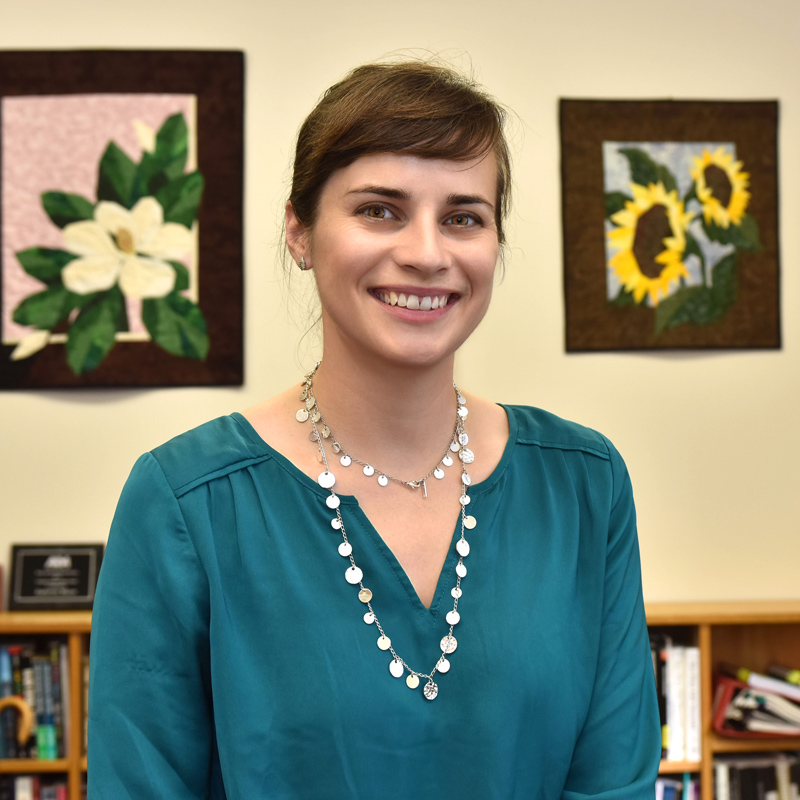Associate Professor of Sociology/Women and Gender Studies
Society and Politics Department
Contact
Education
Ph.D. (2012) Sociology - University of California, Berkeley
M.A. (2008) Sociology - University of California, Berkeley
B.A. (2004) Sociology and East Asian Studies - Brown University
Publications
Mason, Katherine. 2017. “‘Won’t Someone Think of the Children?’: Reproductive Futurism and Same-Sex Marriage in U.S. Courts, 2003-2015.” Sexuality Research and Social Policy, published online first March 30, 2017.
Mason, Katherine. 2016. “Women, Infants, and (Fat) Children: Hidden ‘Obesity Epidemic’ Discourse and the Practical Politics of Health Promotion at WIC.” Fat Studies 5(2): 116-136.
Mason, Katherine. 2016. “Responsible Bodies: Self-Care and State Power in the Women, Infants, and Children Program.” Social Politics 23(1): 70-93.
Mason, Katherine. 2013. “Social Stratification and the Body: Gender, Race, and Class.” Sociology Compass 7(8): 686-698.
Mason, Katherine. 2012. “The Unequal Weight of Discrimination: Gender, Body Size, and Income Inequality.” Social Problems 59(3): 411-435.
Teaching Interests
In the classroom, I offer a variety of classes dealing with gender and sexuality, health and the body, social stratification and inequality, and research methods. As a feminist sociologist, I tend to teach classes that lean toward a sociological/social science perspective: emphasizing social science methods, drawing conclusions based on empirical evidence, and making societies and their dynamics—not individual people—the focus of analysis. At the same time, particularly in Women’s and Gender Studies courses, I strive to include an interdisciplinary mix of texts, including scholarly writings from various fields, films, novels, and more.
Research Interests
I’m interested in studying social inequality, particularly class as it intersects with other sites of difference and inequality such as gender, sexuality, disability, and race/ethnicity. My research asks how these inequalities affect the body—its health, size, appearance, ability, etc.—and how, in turn, those bodies may help to reproduce inequality. In the past I’ve published statistical findings about the income disadvantages faced by fat employees, which exist for both women and men but follow different patterns. Currently, I’m working on an interview-based project that explores class differences in how women approach caring for their bodies and those of their children during pregnancy and the postpartum period.
